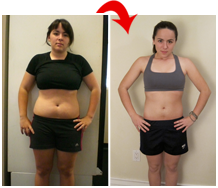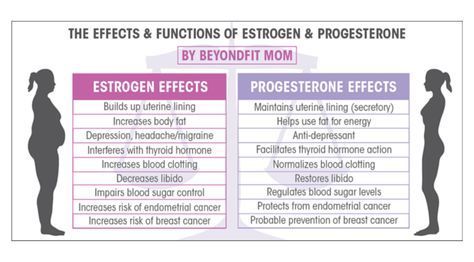Embarking on a fitness journey is an exciting endeavor that requires discipline, determination, and dedication. While exercise plays a crucial role in achieving your fitness goals, it’s essential to remember that a well-balanced diet is equally important. However, many individuals fall into common diet pitfalls that hinder their progress. In this article, we will explore these common diet pitfalls and provide valuable tips on how to avoid them.
Not Setting Realistic Goals
One of the biggest mistakes people make on their fitness journey is setting unrealistic goals when it comes to their diet. It’s important to remember that a healthy, sustainable weight loss is typically around 1-2 pounds per week. Setting unrealistic goals, such as losing 10 pounds in a week, can lead to disappointment and may even result in giving up altogether. Instead, set realistic goals that can be achieved over time.
Relying on Fad Diets
Fad diets can be tempting, especially when they promise quick results. However, most fad diets are restrictive, unsustainable, and often lack essential nutrients. These diets do not offer long-term solutions and can even be detrimental to your health. Instead, focus on adopting a well-balanced diet that incorporates a variety of whole foods, including fruits, vegetables, lean proteins, and whole grains. This will provide your body with the necessary nutrients for optimal health.
Skipping Meals
Another common pitfall is skipping meals, thinking it will help with weight loss. However, skipping meals can lead to overeating later in the day, as well as a decrease in energy levels. It’s important to fuel your body with regular meals and snacks throughout the day to maintain steady blood sugar levels and avoid feeling famished. Opt for smaller, frequent meals that are rich in nutrients to keep your metabolism active and aid in weight loss.
Over-restricting Calories
While it’s important to create a calorie deficit to lose weight, over-restricting calories can have adverse effects on your fitness journey. Severely limiting your calorie intake can slow down your metabolism, leaving you feeling fatigued and unsatisfied. It can also lead to nutrient deficiencies, which can negatively impact your overall health. Consult with a nutritionist or dietician to determine the appropriate calorie deficit for your body and ensure you are still eating enough to support your workouts and daily activities.
Emotional Eating
Emotional eating is a common pitfall that many individuals face on their fitness journey. Turning to food for comfort or as a coping mechanism can sabotage your progress. It’s crucial to identify emotional triggers and find healthier alternatives to cope with emotions, such as engaging in physical activity, practicing mindfulness, or seeking support from friends and family. Understanding the connection between your emotions and eating habits will help you develop a healthier relationship with food.
Lack of Meal Planning
A lack of meal planning can often lead to unhealthy food choices and impulsive eating. Being unprepared with nutritious options can prompt you to reach for convenient, processed foods that are high in calories and low in nutrients. Taking the time to plan your meals and snacks in advance can help ensure you have healthy options readily available. Create a weekly meal plan, make a shopping list, and prep your meals ahead of time to set yourself up for success.
Ignoring Portion Sizes
Portion control is essential when it comes to maintaining a healthy diet. It’s easy to underestimate portion sizes, leading to consuming more calories than necessary. Familiarize yourself with appropriate serving sizes and practice mindful eating. Pay attention to your body’s hunger and fullness signals to prevent overeating. Using smaller plates and bowls can also help visually control portion sizes.
Not Listening to Your Body
One of the most important aspects of maintaining a healthy diet is listening to your body’s needs. Every individual is unique, and dietary requirements can vary. Pay attention to how different foods make you feel and adjust accordingly. If you notice a particular food doesn’t sit well with you or leaves you feeling sluggish, consider eliminating or reducing its consumption. Remember, your body knows best, so tune in and listen to its signals.
Conclusion
Avoiding common diet pitfalls is crucial for success on your fitness journey. By setting realistic goals, avoiding fad diets, prioritizing regular meals, and focusing on nutrient-rich foods, you can establish a healthy eating routine. Additionally, addressing emotional eating, engaging in meal planning, practicing portion control, and listening to your body’s needs will contribute to sustainable and long-term results. Remember, consistency is key, and making small, gradual changes is the foundation for a healthy and balanced lifestyle.






